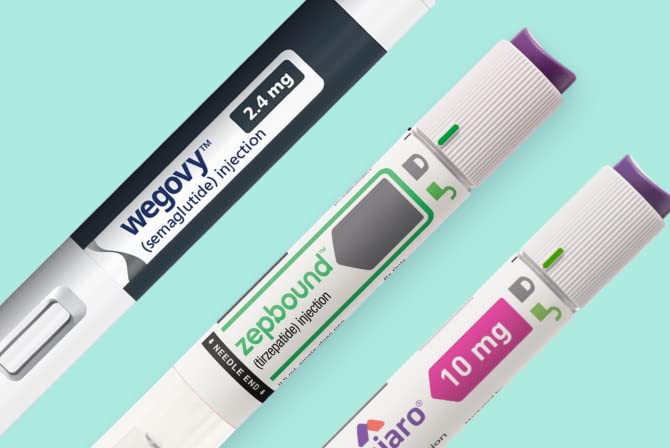In-Office Visits are scheduled appointments with the provider of your choice. Remote Visits are scheduled, virtual appointments with the provider of your choice and are available in U.S. states where One Medical offices are located.
One Medical currently has primary care doctors' offices in or around the following locations:
In-Office and Remote Visits are not included in membership and are billed to you/your insurance; copays and deductibles may apply.
Find out more about One Medical locations, including One Medical Seniors offices, on the location page.








